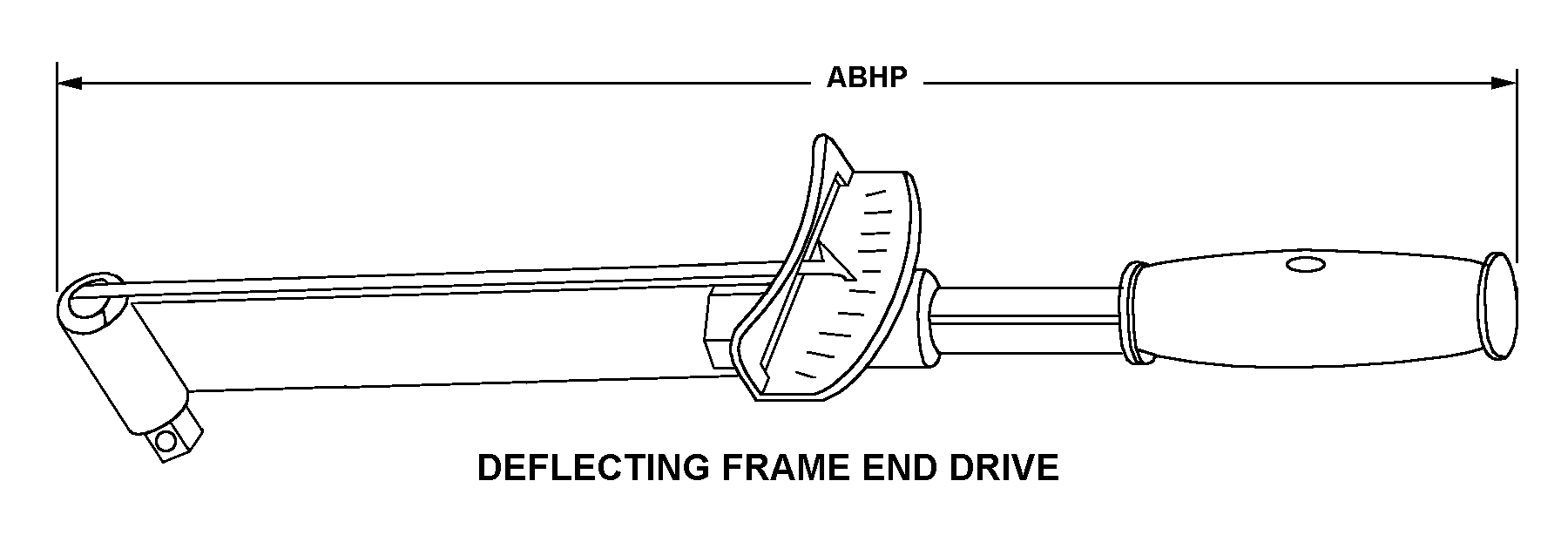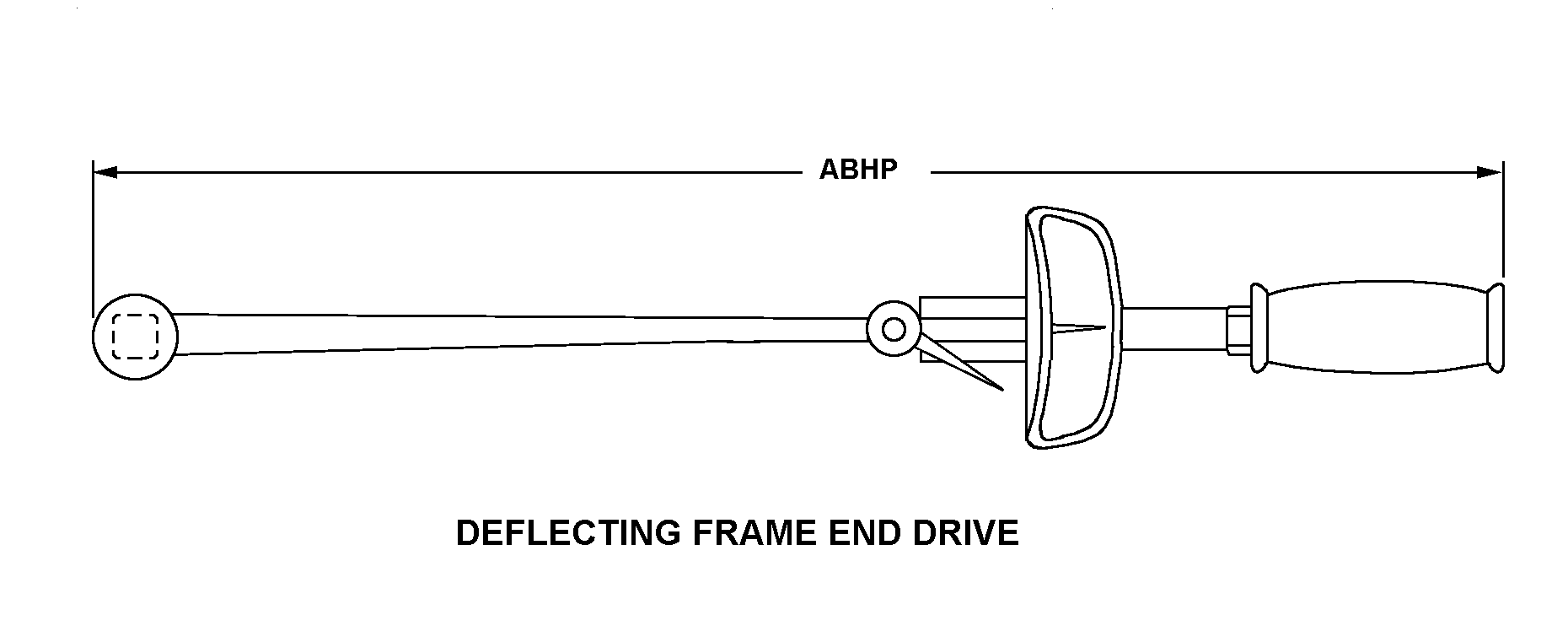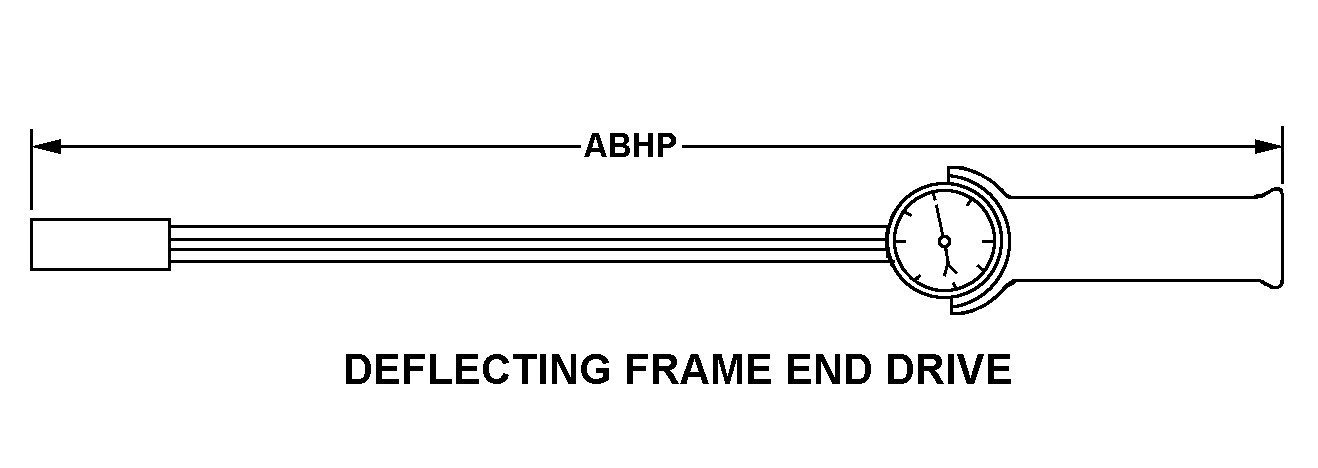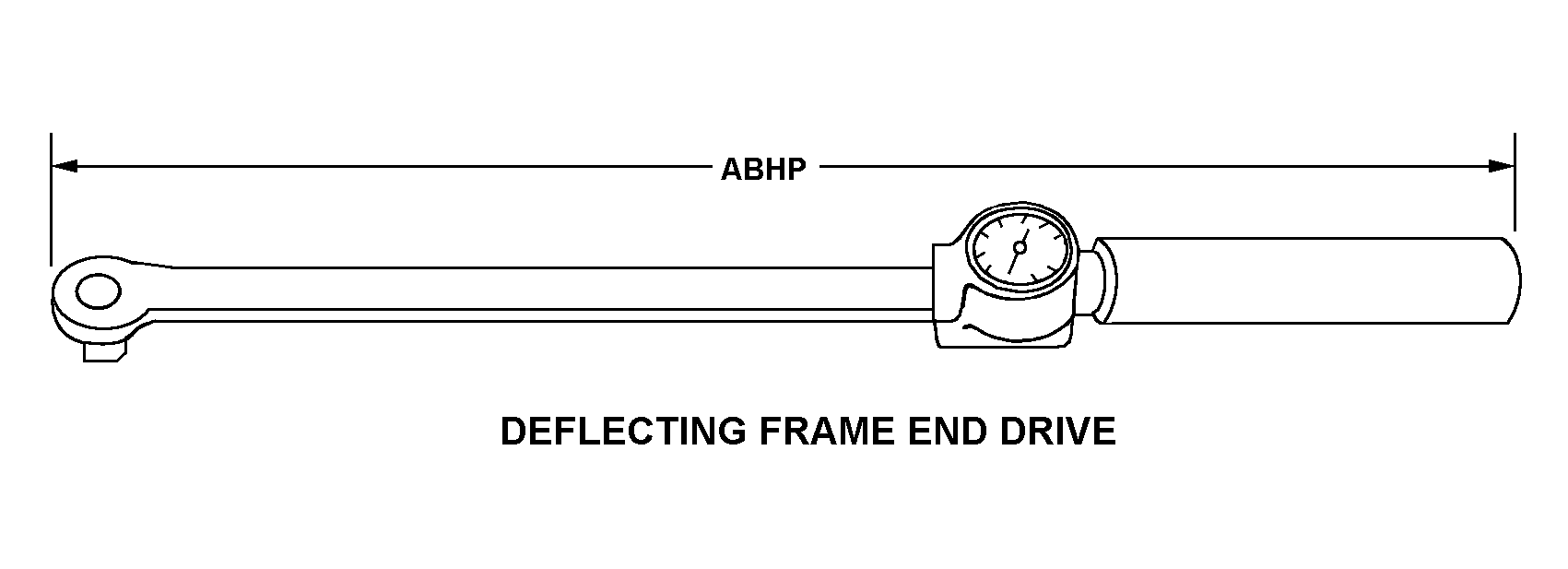5120014304415
Price Quote Get an up to date pricing and availability quote for this product. Order online or over the phone.
Quality Commitment
Serving our customers with quality and safety first.
- AS9120 Certified
- Audited supply chain
- ITAR Registered
- DDTC Registered
- HAZMAT Certified
- Customer service objectives
- Every product 100% inspected

5120-01-430-4415 Specification Set by the OEM (see RNCC code 3)
6.250in. ⁓6-1/4"
plate with pointer
0.0 METER-Newton and 2.5 METER-Newton
0.10 METER-Newton
0.250in. single end
square single end external
memory indicator; pivoted ball handle
steel
chromium
deflecting frame end drive
industrial quality (iq) tools program item
Cross Reference Parts Part numbers that meet the specification outlined on this page and set by the OEM
Identification Item Identification Guide (IIG) and Item Name Code (INC)




Definition Definition of approved item name (AIN): "WRENCH,TORQUE"
A manual tool for tightening various fasteners to a precise torque value. Consists of a handle and drive to accommodate female square drive sockets and other types of wrenching adapters. Torque value may be manually set and adjusted by user or may be provided as preset for production line use. A signaling device is generally provided to indicate when set torque value is reached. Handle is swung at right angle to axis of fastener rotation to apply torque. For items with handles that are spun in-line with axis of fastener rotation to apply torque, see screwdriver, torque.
5120-01-430-4415 Material Hazmat, Precious Metals, Criticality, Enviroment, and ESD
Indicates there is no data in the hmirs and the nsn is in a fsc not generally suspected of containing hazardous materials.
Item does not contain precious metal.
The item does not have a nuclear hardened feature or any other critical feature such as tolerance, fit restriction or application.
Identification Codes
HMIC: Hazardous Material Indicator Code. A one position code that identifies a hazardous item.
PMIC: Precious Metal Indicator Code. A one position code which identifies items that have precious metals as part of their content. precious metals are those metals generally considered to be uncommon, highly valuable, and relatively superior in certain properties such as resistance to corrosion and electrical conductivity.
ESD: Electrostatic Discharge. Indicates if an item is susceptible to electrostatic discharge or electromagnetic interference damage. electrostatic discharge damage occurs when an accumulation of static electricity generated by the relative motion or separation of materials is released to another item by direct contact. electromagnetic interference damage occurs when an item comes into proximity with an electrostatic or magnetic field.
ENAC: Enviromental Attribute Code. Identifies items with environmentally preferred characteristics.
CRITL: Criticality Indicator Code. Indicates an item is technically critical by tolerance, fit, application, nuclear hardness properties, or other characteristics.






